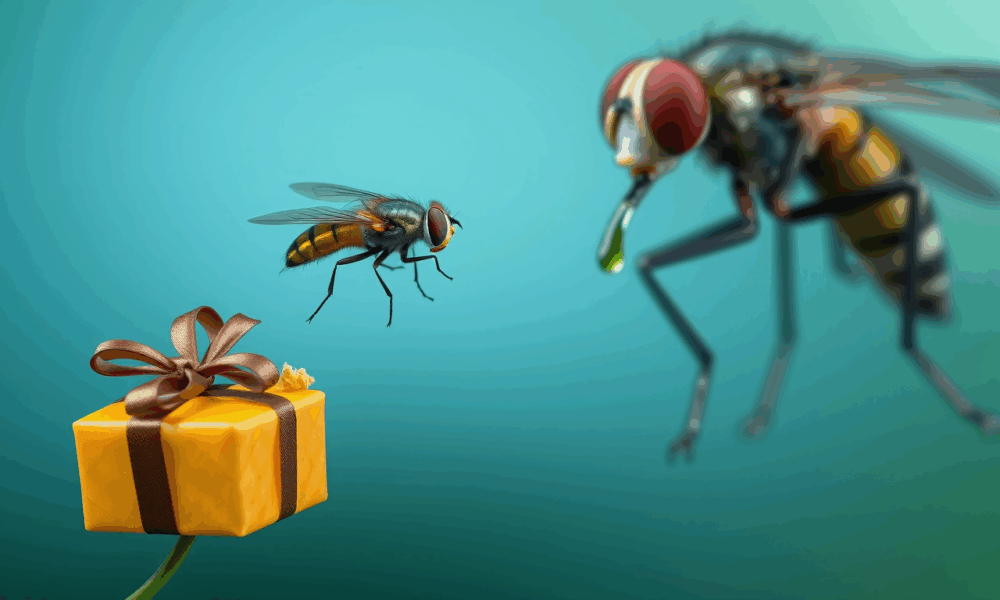
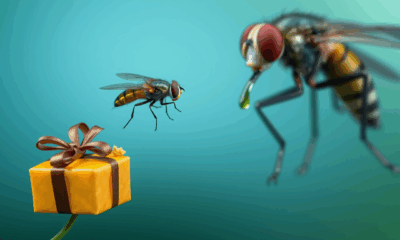

By flipping a single genetic switch, researchers made one fruit fly species adopt the gift-giving courtship of another, showing how tiny brain rewiring can drive evolutionary...
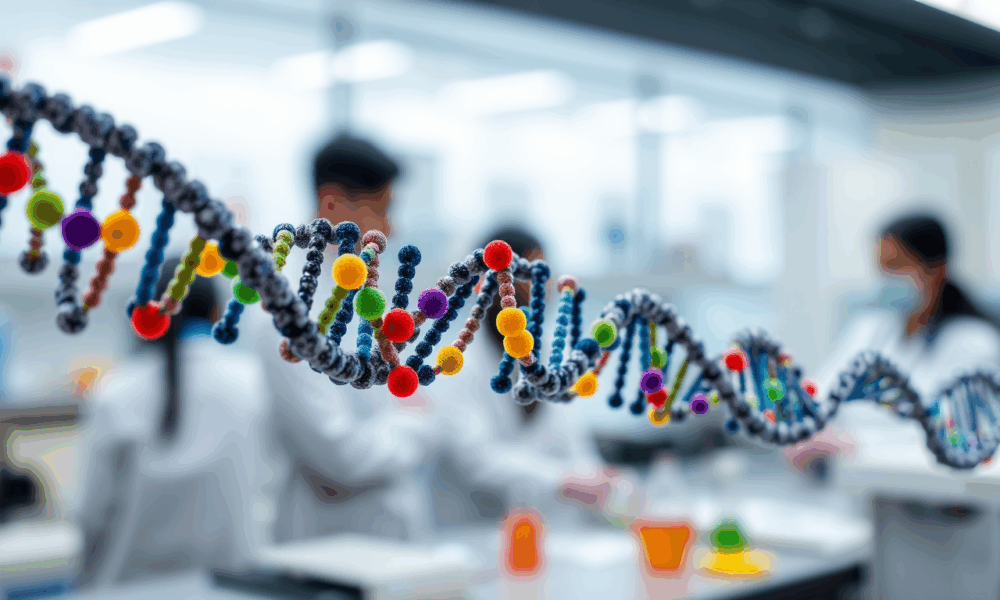
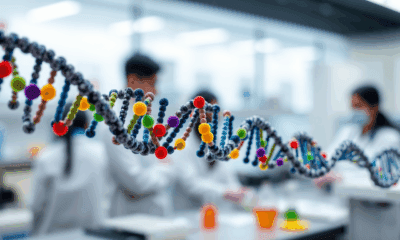

A group of Chinese scientists has created powerful new tools that allow them to edit large chunks of DNA with incredible accuracy—and without leaving any trace....
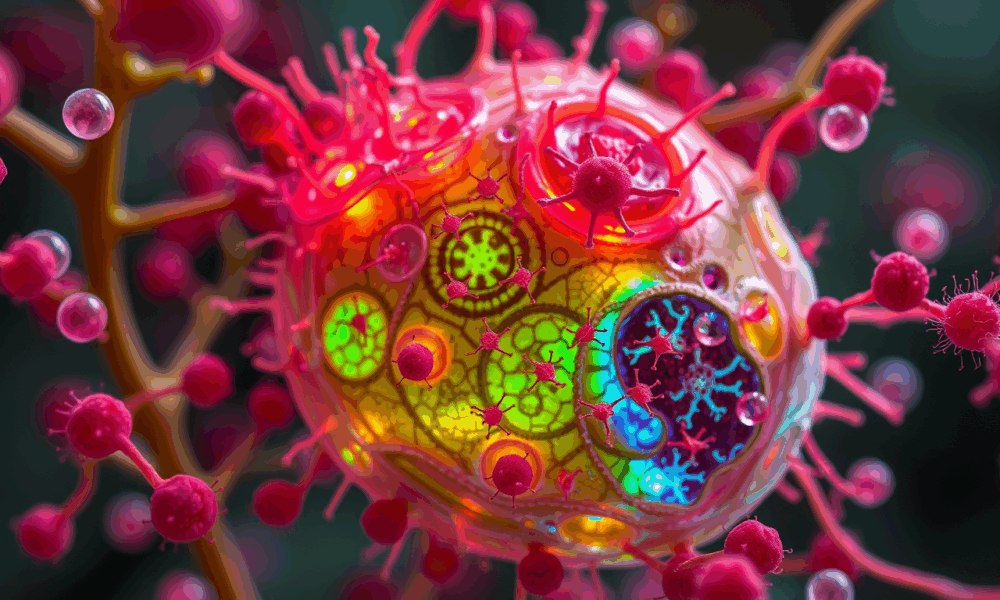
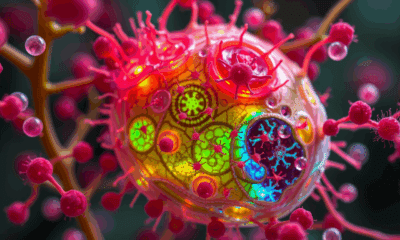

Scientists have used artificial intelligence to upgrade plant immune systems, potentially revolutionizing how crops like tomatoes and potatoes can defend against harmful bacteria. By reengineering plant...
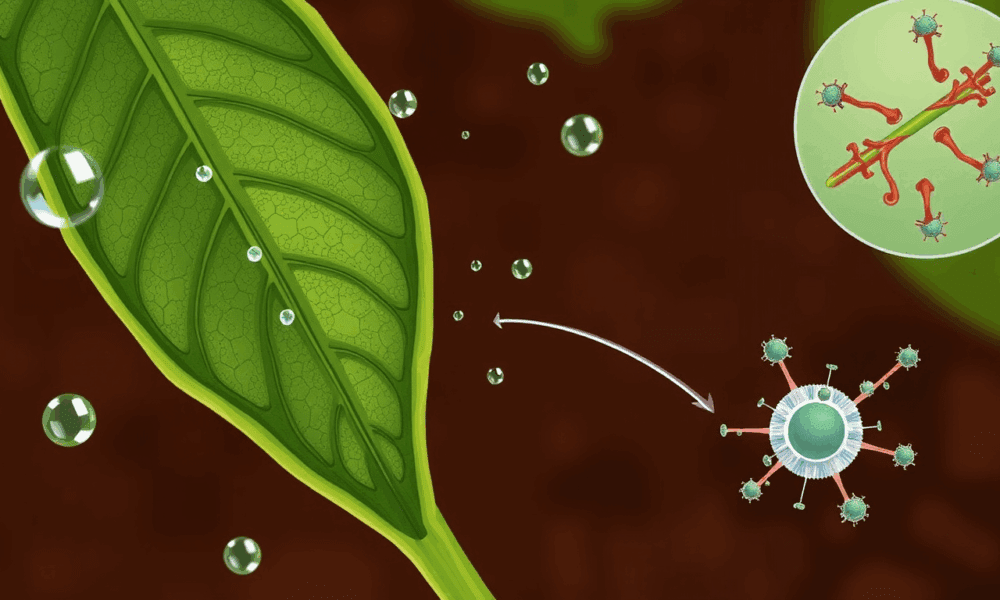
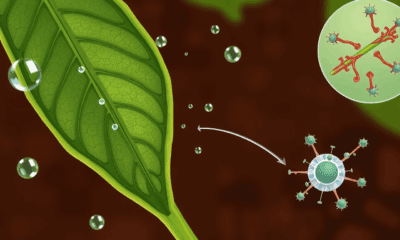

Scientists have discovered that a protein once thought to be just a cellular "courier" actually helps plants survive drought. This motor protein, myosin XI, plays a...
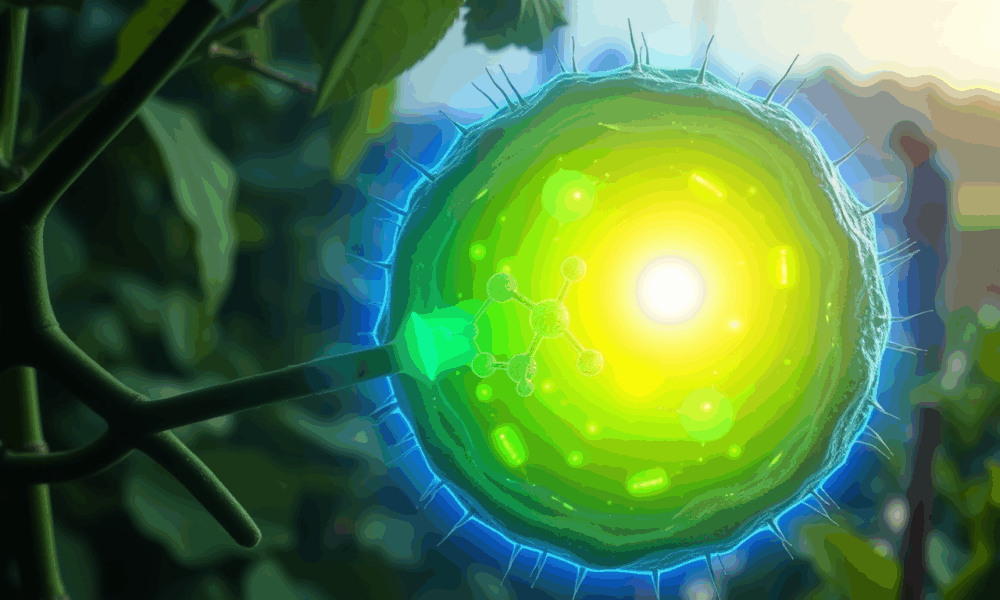
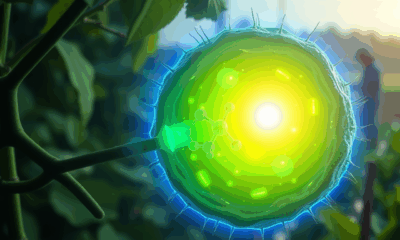

Scientists at MIT have turbocharged one of nature’s most sluggish but essential enzymes—rubisco—by applying a cutting-edge evolution technique in living cells. Normally prone to wasteful reactions...
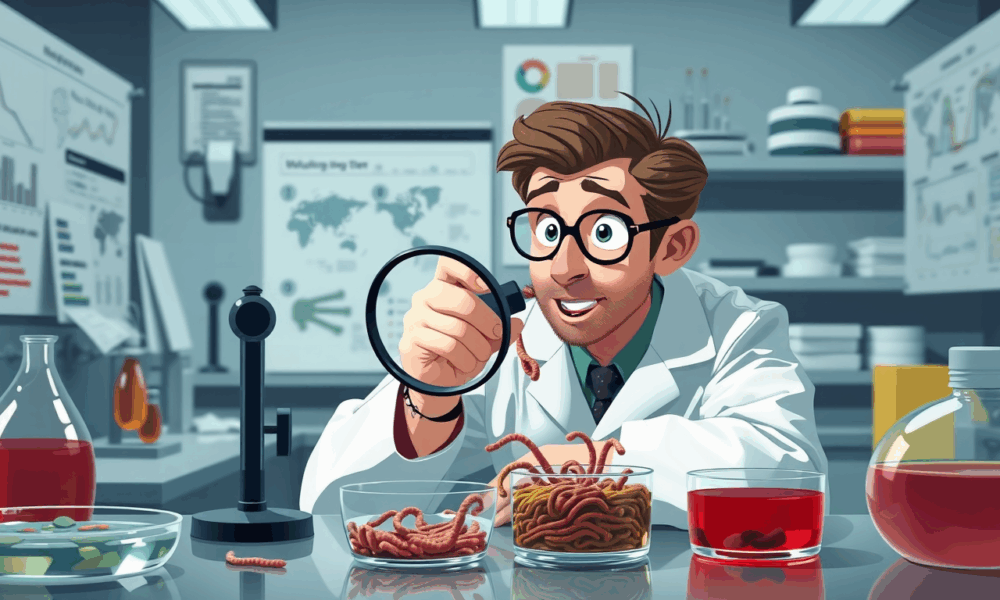
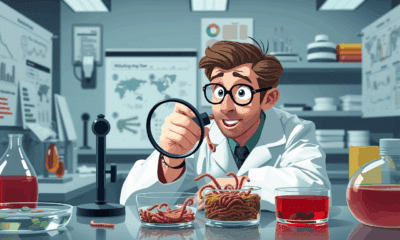

Scientists have discovered that starving and then refeeding worms can reveal surprising secrets about aging. When a specific gene (called TFEB) is missing, these worms don’t...
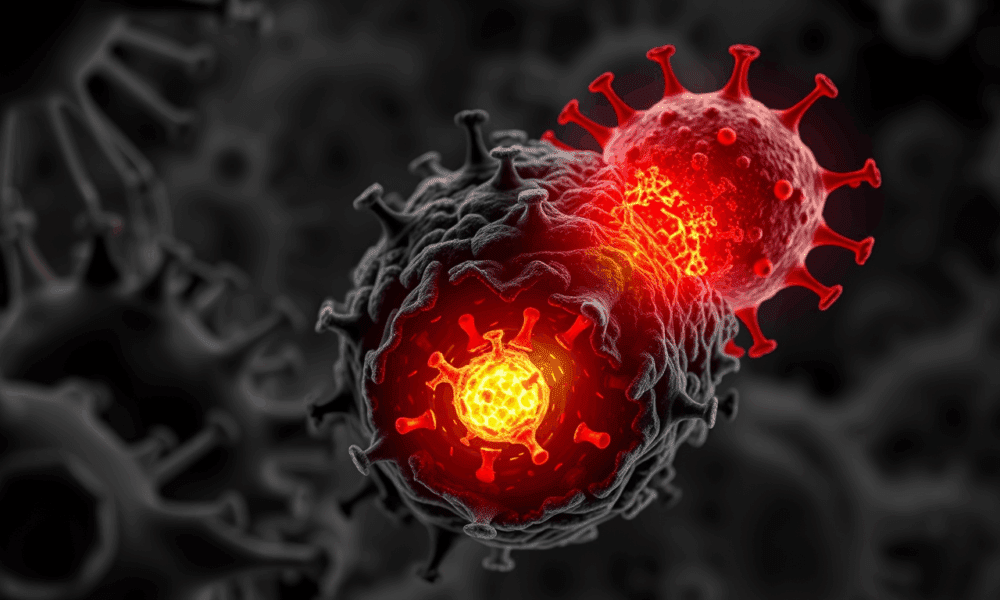
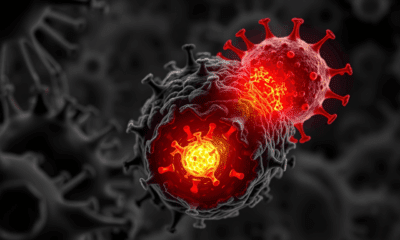

Scientists at UC Davis discovered a small genetic difference that could explain why humans are more prone to certain cancers than our primate cousins. The change...
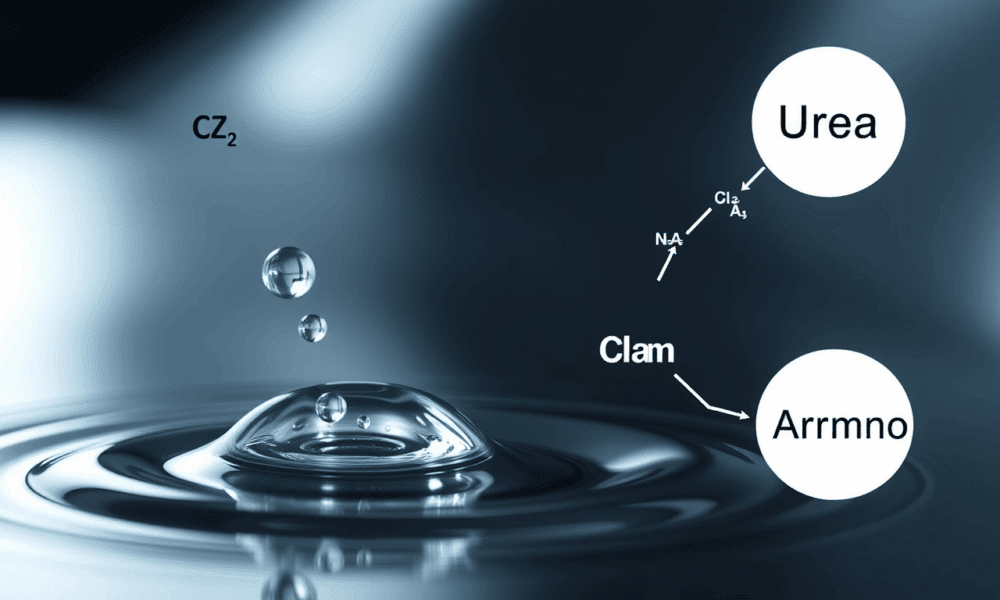
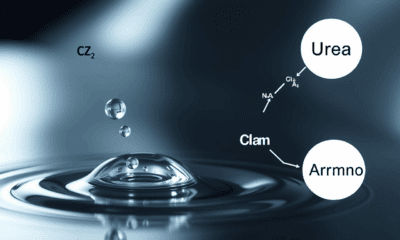

Scientists have uncovered a surprising new way that urea—an essential building block for life—could have formed on the early Earth. Instead of requiring high temperatures or...
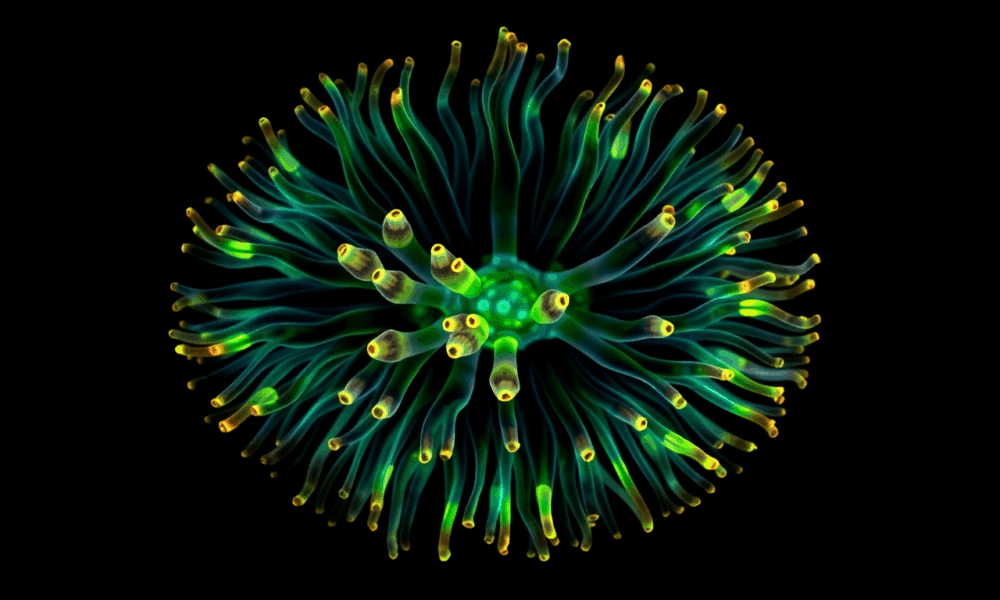
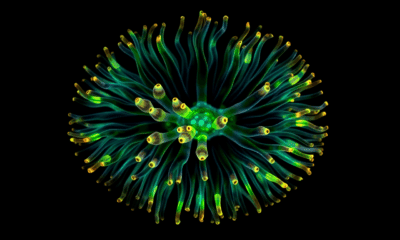

Sea anemones may hold the key to the ancient origins of body symmetry. A study from the University of Vienna shows they use a molecular mechanism...
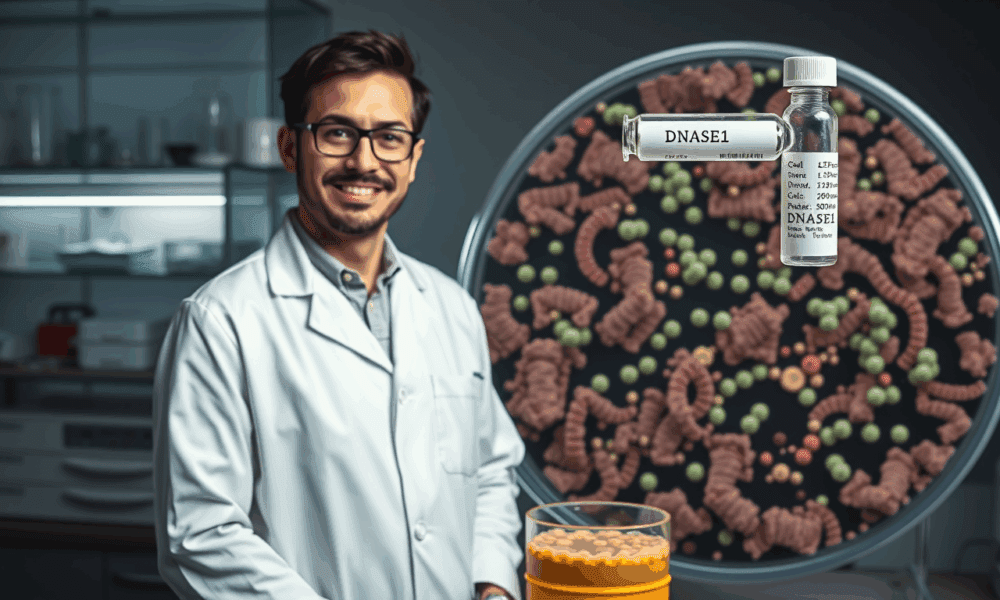
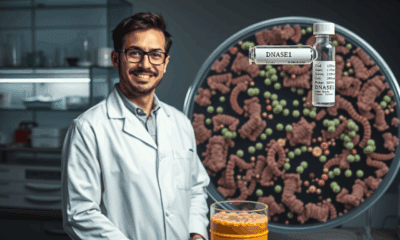

The protein DNase1 is one of the oldest biological agents in history: It has been on the market since 1958 and is now used, among other...